official site
Services
The primary service of which we provide is to help their clients with the complicated process of buying.
1. Buying a property or a residence is a big dream?
2. You have confusion about how to invest in property?
3. Which one is the right property?
4. What things should be done while buying a property?
To clear these kinds of confusions, we are here to guide you to choose the right property in Singapore. We not only serve local people in Singapore, but also foreigners from different countries. We had a greater experience in serving many foreign buyers in Singapore. If you need free consultation, please contact us @ +65 67707757.

Choosing Right Property
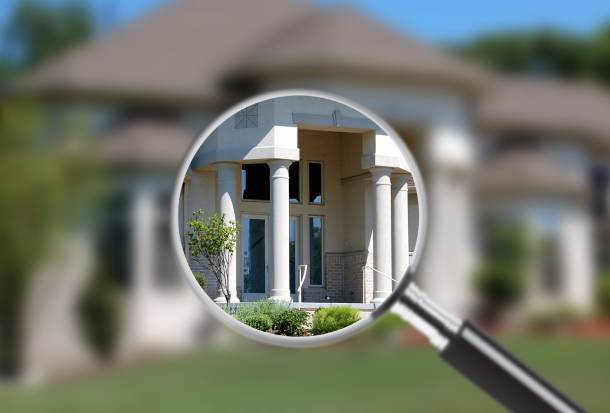
Whenever you want to buy a property, the first point which comes to your mind is which property is right to invest for my budget? For this question, we will guide you according to your budget or any requirements which you need. Foreigners can only buy condos, but not landed houses and an executive condominium.
Before investing in a property, double-check how much you can comfortably afford. Our team can estimate your maximum home loan amount and the property purchase price you can afford based on income, age and existing loan commitments.
Also, consider how long you intend to hold on to the property as the Inland Revenue Authority of Singapore (IRAS) levies a 4-12% Sellers Stamp Duty(SSD) to those who sell their property within the first three years of purchase. Please contact us @+6567707757
Guiding about Stamp Duty
There are Stamp Duties investors should pay when buying a residential property or any landed property. In this case you need proper guidance about which Stamp Duty is needed to pay for which property. Foreigners can expect to shell out money for the Buyer’s Stamp Duty, which is tax paid on documents signed when you buy or acquire property in Singapore, regardless of nationality. On top of that, ABSD will need to be paid if you are already the owner of an existing property and wish to buy another, or if you are not a Singapore citizen. Please Contact us @+6567707757
| Buyer | ABSD rate |
| Singapore Citizen buying first residential property | 0% |
| Singapore Citizen buying second residential property | 17% |
| Singapore Citizen buying third and subsequent residential property | 25% |
| Singapore PR buying first residential property | 5% |
| Singapore PR buying second and subsequent residential property | 25% |
| Foreigners buying any residential property | 30% |
Bank Loans
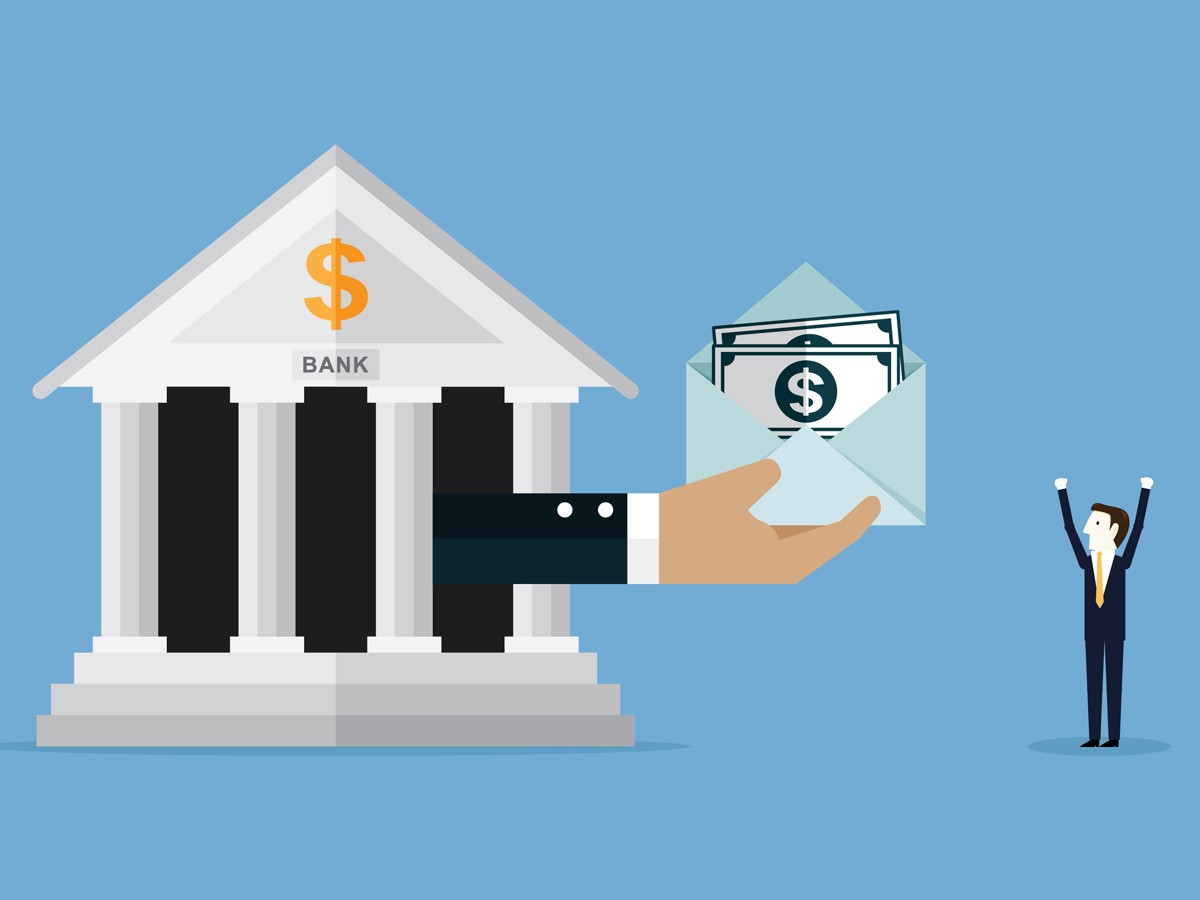
Foreign persons may approach any bank in Singapore for a home loan, but the amount they can borrow varies depending on the number of outstanding housing loans he/she has. We will suggest the best bank and guide you in the right way.
The amount of money you can borrow from the bank is capped by (amongst other things) the TDSR, which dictates that your total monthly repayments of your home loan and any other loans (including credit card debt) must not make up more than 60% of your income. Thus, it is a good idea to avoid getting into credit card debt or taking out hefty loans like car loans just before you are about to apply for a home loan.
The LTV limit determines the maximum amount an individual can borrow from a financial institution (FI) for a housing loan. The LTV refers to the loan amount as a percentage of the property’s value.
For a bank loan, the maximum LTV ratio is capped at 75% LTV for the first loan (i.e. if you have no outstanding home loans). Of the remaining 25%, 5% must be paid in cash. The remaining 20% can be paid using a combination of cash or your CPF-OA savings. By this way we can guide foreigners about the bank loan process. Please contact us @+6567707757
Arranging Local Property Lawyer
When buying property in Singapore, it’s important to hire a qualified lawyer from your bank’s panel list. He or she will assist with contracts, perform searches to confirm details of the property and its ownership and make sure the property won’t imminently be affected by any major infrastructure projects.
The lawyer will also be responsible for due diligence checks on the seller (for resale condos) and liaise directly with the developer’s solicitor to ensure everything’s above board. We also guide you in choosing the right local lawyer. Please contact us @ +6567707757
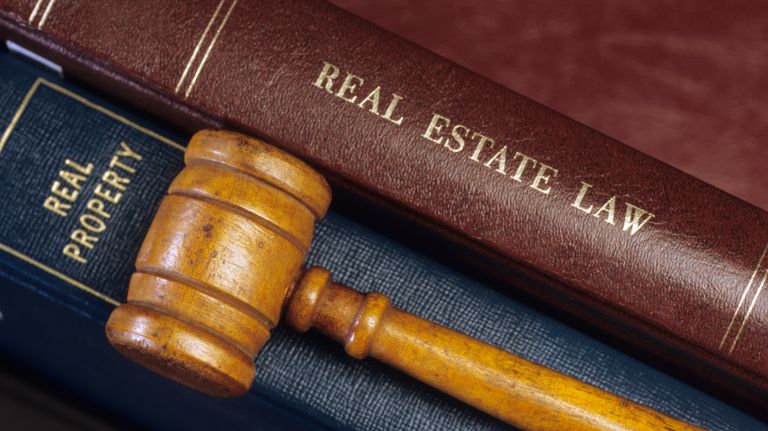
Securing The Property

To secure your dream condo, you will have to sign the OTP. But before you do so, make sure you have your bank’s In-Principle Approval (IPA), which is essentially their promise to extend you the home loan you need for your property purchase. An IPA is typically valid for up to two weeks.
When you have the IPA, you know exactly how much the bank has pledged to lend you and can be confident that you have sufficient funds when signing the OTP. Signing without the IPA can prove to be a costly mistake in the event that the bank doesn’t extend the full amount you need, leaving you unable to meet the schedule of payments for your home and ultimately losing your option fee.
The option fee is a sum of money, typically 1-5 percent of the purchase price, that a buyer pays the seller based on an Option to Purchase. The sum is to “reserve” the property for an agreed period of time while the buyer considers the possible purchase. If the buyer doesn’t exercise this option to purchase within the given time period for whatever reason (failure to get a bank loan, change of heart, etc), he or she will forfeit this option fee. Please contact us @ +6567707757
Managing The Properties In Singapore:
Our primary objectives are to satisfy the client standardizing operations and improving the quality of facilities related services for our clients.Our services include: finance and accounting, general administration, property maintenance, as well as ensuring compliance with by-laws and government regulations. We advise property purchase and selling of the property. Advising on the opportunities for the realisation of the development or investment potential of the property. Please contact us @ +6567707757
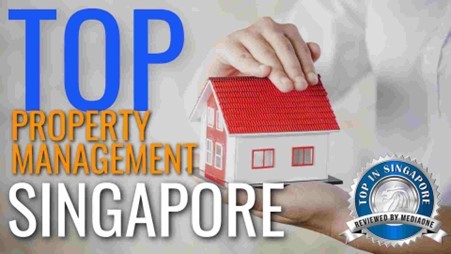
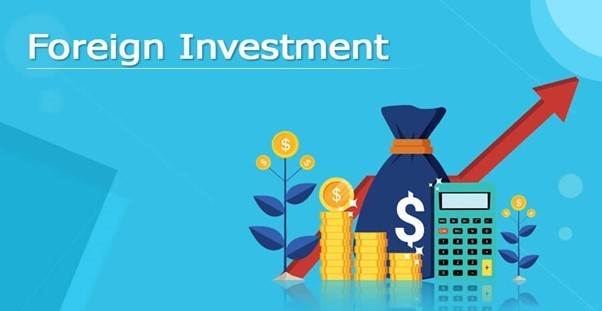
Experience In Handling Foreign Investors:
Singapore is a popular location for foreign investments. private properties have much lesser restrictions and are probably what you’ll be more favourable in buying. We helped many of our clients in buying the properties in central region.
We has been focusing on luxury property launches for developers with investors in the CCR, RCR, OCR. And we also focusing on selling high-end properties for foreign investors and Singaporeans. we will build a strong network and easily understand people’s needs, real estate isn’t about houses alone – it’s about people. With unique marketing strategies, we will be tremendously successful in fast-selling penthouse/condo units even in difficult market conditions. Please contact us @ +6567707757
Smooth Process Of Transactions:
We provided a very good smooth transaction for many foreign investors by knowing their financial values. We advised them with a good financial advice, and we helped many of our clients by providing with their right dream homes and also with very good lawyers local searches, stamp duty. Please contact us @ +6567707757


Enhanced Investment Schemes
We helped many of the foreign investors in buying the property under the various enhanced investment schemes. Ultra-rich families racing to park wealth in Singapore under enhanced investment scheme. Ultra-high net worth families seeking to move their assets here form the largest category of investors under the enhanced GIP, professional service providers. Application figures were not available from the Economic Development Board (EDB), which manages the scheme. Please contact us @ +6567707757
Funds Inflow
Foreign Direct Investment (FDI) flows record the value of cross-border transactions related to direct investment during a given period, usually a quarter or a year. Financial flows consist of equity transactions, reinvestment of earnings, and intercompany debt transactions. Outward flows represent transactions that increase the investment that investors in the reporting economy have in enterprises in a foreign economy.
Despite concerns over the growing oil prices and the conflicts between Russia and Ukraine, which have in turn impacted the commodities markets in India, the markets have been witnessing positive flows. The trend is indicative of the increasing investor interest and awareness around investing. Foreign Direct Investment in Singapore increased by 34913.40 SGD Million in the fourth quarter of 2021. Please contact us @ +6567707757

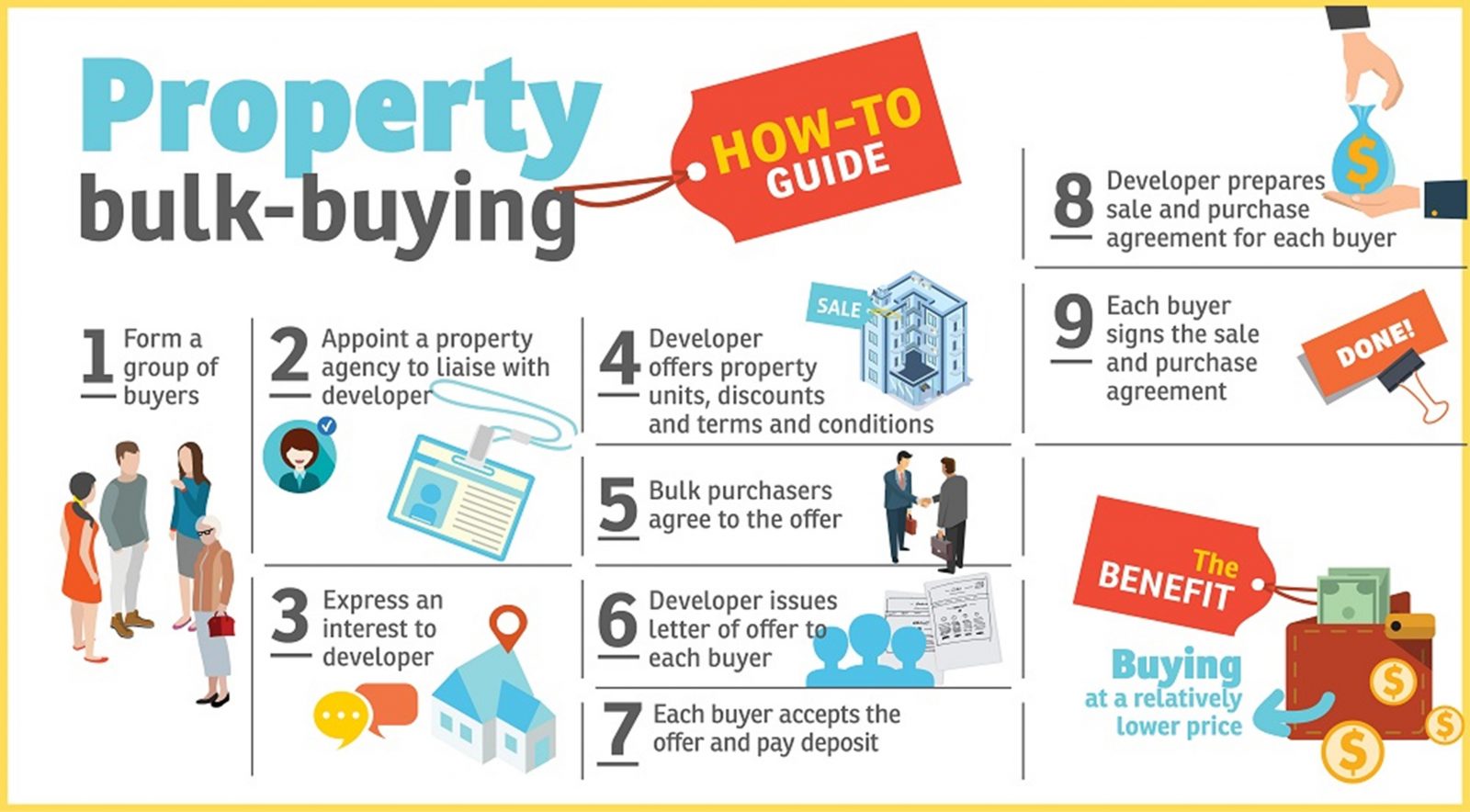
Experience In Bulk Purchase Handling
We are experts in handling the bulk purchase Since we had many bulk purchase transactions and With the tightened lending policy by banks, it is very difficult for property buyers to get a loan, we helped them until the last stage of transactions, and also with the right location with future developments by providing with discounts by right pricing from developers. Please contact us @ +6567707757
Best Top Legal Advisors And Personal Bankers
Singapore banking is a remarkable success story. The small state occupies only 280 square miles of territory, and it didn’t achieve independence until 1965. But in fifty short years, it has become a major world finance player.
Now recognized as an international finance hub, Singapore has over 100 banks.
1. Development Bank of Singapore (DBS)
2. Overseas-Chinese Banking Corporation (OCBC)
3. United Overseas Bank (UOB)
4. Standard Chartered Bank
5. Citibank
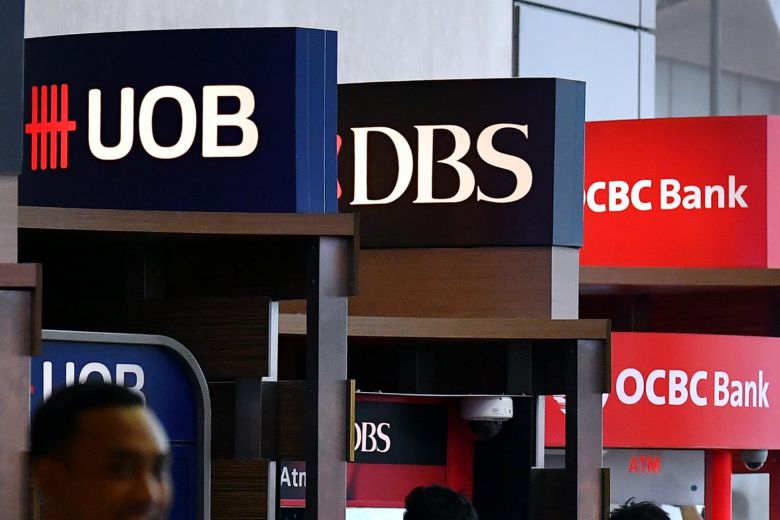
Guiding About Property Tax
Property is a great asset to have in Singapore, but you will have to share some of your wealth with the state. Property is taxed differently depending on whether you are an owner-occupier (ie. you are living in the property being taxed) or not. Some expats may not know about taxes after investing in property. property tax is charged on the ANNUAL value of your property. If you’re not sure what the annual value of yours is, we are here to guide how to calculate.
Owner-occupiers:
Owner-occupied residential properties are condominiums or other residential properties where the owner lives in the property. Contact us @+6567707757
| Annual value ($) | Tax structure | Owner-occupier tax rate | Property tax payable |
| Up to $55,000 | First $8,000 | 0% | $0 |
| Next $47,000 | 4% | $1,880 | |
| $55,000 to $70,000 | First $55,000 | See above | $1,880 |
| Next $15,000 | 6% | $900 | |
| $70,000 to $85,000 | First $70,000 | See above | $2,780 |
| Next $15,000 | 8% | $1,200 | |
| $85,000 to $100,000 | First $85,000 | See above | $3,980 |
| Next $15,000 | 10% | $1,500 | |
| $100,000 to $115,000 | First $100,000 | See above | $5,480 |
| Next $15,000 | 12% | $1,800 | |
| $115,000 to $130,000 | First $115,000 | See above | $7,280 |
| Next $15,000 | 14% | $2,100 | |
| Above $130,000 | First $130,000 | See above | $9,380 |
| Above $130,000 | 16% | – |
Non-owner-occupiers:
Non-owner occupied residential properties are condominiums or other residential properties that the owner does not live in (“occupy”). Hence, owner-occupier tax rates do not apply.
| Annual value ($) | Tax structure | Non-owner-occupier tax rate | Property tax payable |
| Up to $45,000 | First $30,000 | 10% | $3,000 |
| Next $15,000 | 12% | $1,800 | |
| $45,000 to $60,000 | First $45,000 | See above | $4,800 |
| Next $15,000 | 14% | $2,100 | |
| $60,000 to $75,000 | First $60,000 | See above | $6,900 |
| Next $15,000 | 16% | $2,400 | |
| $75,000 to $90,000 | First $75,000 | See above | $9,300 |
| Next $15,000 | 18% | $2,700 | |
| Above $90,000 | First $90,000 | See above | $12,000 |
| Above $90,000 | 20% | – |
Non-residential properties:
Non-residential properties such as commercial and industrial buildings and land are taxed at 10% of the Annual Value. Owner-occupier tax rates do not apply to non-residential properties even if you have bought the properties for your own use/occupation.
